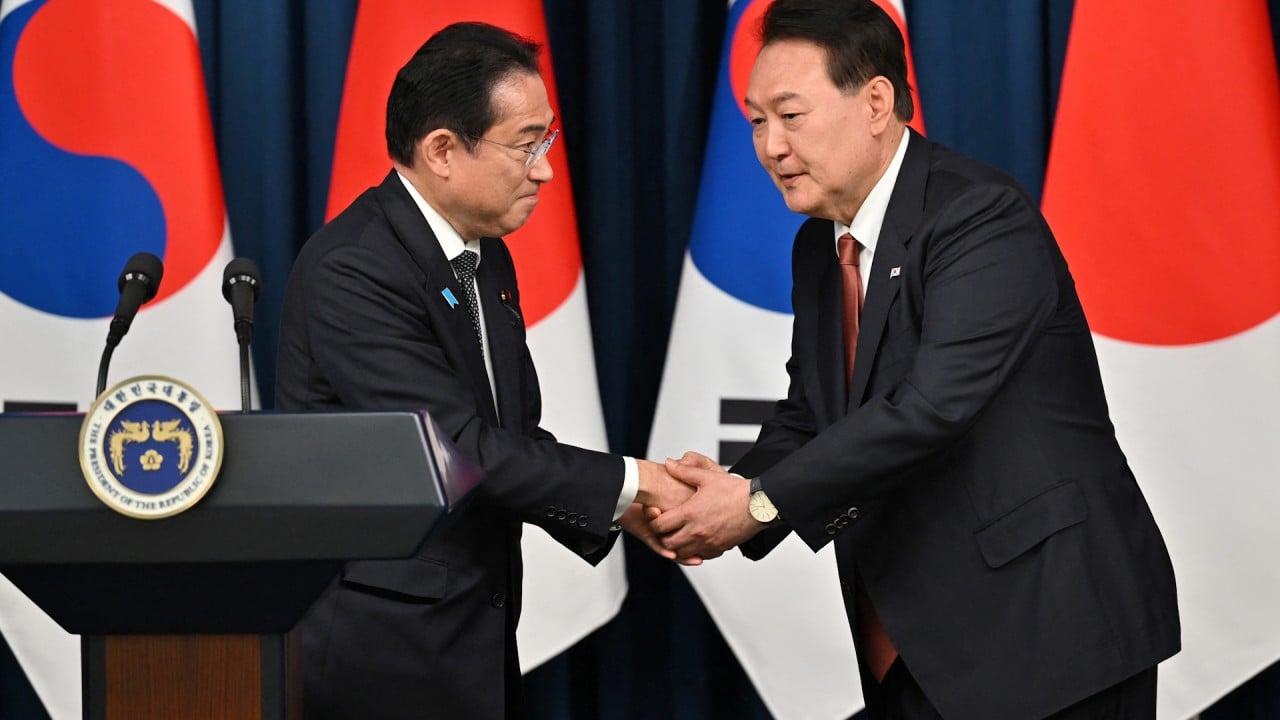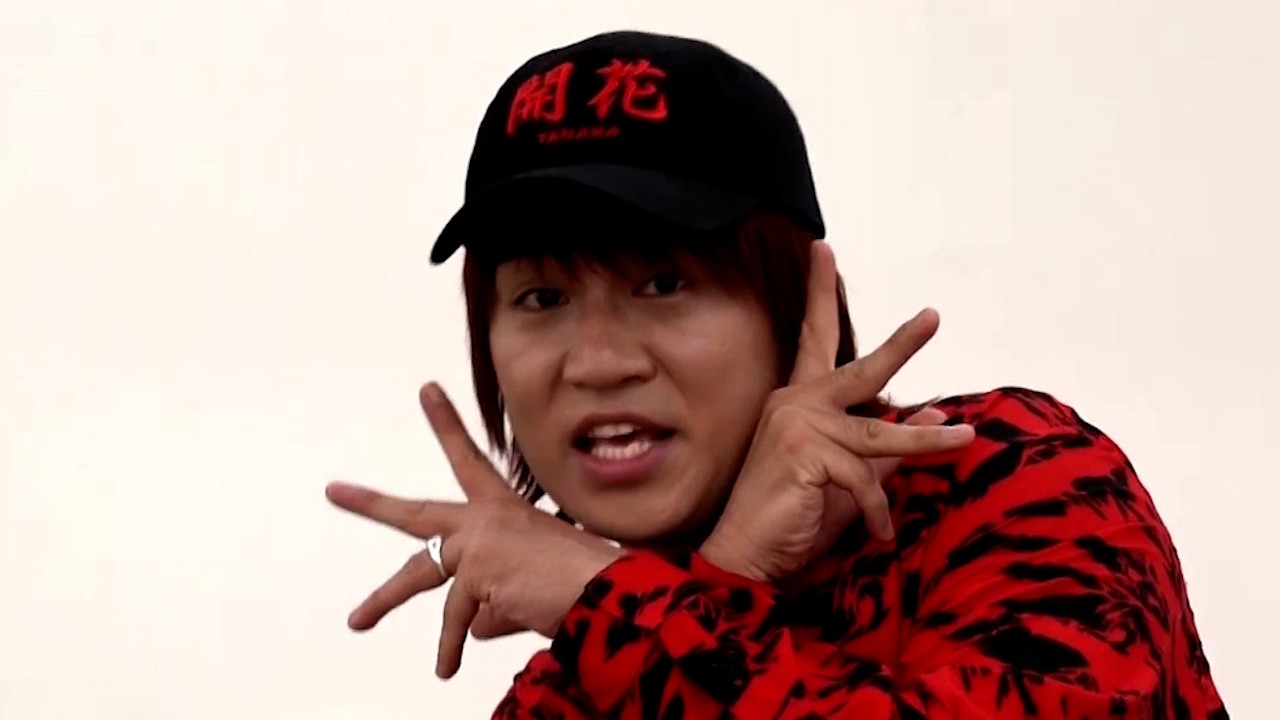The family of a South Korean man forced to work for a Japanese company during Japan’s 1910-1945 occupation has received money from the Japanese firm he worked for, marking the first time a forced labour victim has secured such funds in a legal case.
Tokyo says the rulings for compensation violate diplomatic agreements aimed at resolving the issue.
South Korea faces backlash for ‘humiliating’ deal over Japan forced labour row
South Korea faces backlash for ‘humiliating’ deal over Japan forced labour row
The family of the South Korean, who died in 2019 and was identified only by his surname Lee, received a deposit of 60 million won (US$44,800) from Hitachi Zosen, the family lawyer said on Tuesday.
Lawyer Lee Min, who described the money as “compensation”, said it was the first case in which money was paid by a Japanese company to a forced labour victim.
Hitachi Zosen, a major heavy machinery and engineering company, deposited the money with the court pending the outcome of the case.
A spokesperson for Hitachi Zosen said it was “extremely regrettable” that the court released the money to the family.
In December, the Supreme Court ruled in favour of the Lee family after it had sought 50 million won plus interest.
The Supreme Court has also ruled for the victims or their families in cases brought against companies such as Mitsubishi Heavy Industries and Nippon Steel Corp. None of these firms have said they accept the ruling or paid.
High hopes for Japan-Korea tourism and trade as forced labour row set to ease
High hopes for Japan-Korea tourism and trade as forced labour row set to ease
The Japanese government said the payout violates a key part of a 1965 treaty establishing diplomatic ties between the countries.
The issue of wartime forced labour and Korean women forced to work at Japanese military brothels have long soured ties between the neighbours and continue to complicate efforts to improve relations.
The decision to set up a foundation drew a backlash from some victims and critics, who accused the Yoon government of capitulating to Japan.
Tokyo welcomed the move and said while Japanese firms would not be expected to pay into the fund, they could donate to it if they wanted.
The Supreme Court has also ruled that the labourers’ right to reparation was not terminated by the 1965 treaty that Tokyo says settled the matter of forced labour and wartime sex abuse.



